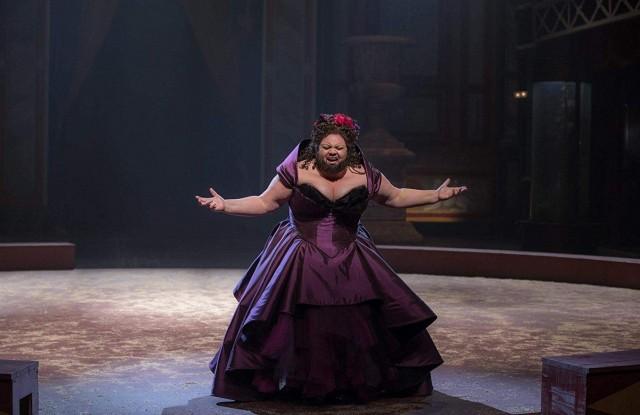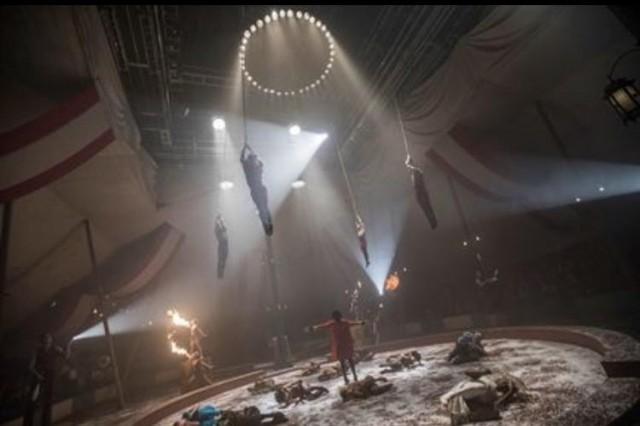'The Greatest Showman' is an energetic, engrossing lie
It is not unheard of for historical dramas and biopics to blur the line between fact and fiction. After all, such productions require a narrative capable of sustaining the audience’s interest from title card to credits, making selective emphasis, embellishment, and even slight revisionism occasional necessities.
Numerous films such as “The Founder” have demonstrated the ability to find just the right balance between veracity and fantasy, successfully traversing that particularly challenging tightrope, to the subsequent delight of the spectators waiting with bated breath below.
And then there’s “The Greatest Showman”, which is a biopic in the same way McDonald’s nuggets count as chicken.
Loosely based on the life of legendary circus owner P. T. Barnum, “The Greatest Showman” takes a cue from its protagonist, never once letting honesty or historical accuracy interfere with its vaudevillian portrayal of the life of one of America’s most famous (or perhaps infamous) entertainers.
Make no mistake — “The Greatest Showman” is an absolute delight. The dance sequences are well-choreographed, the dialogue overflows with emotion, the actors pile on the charm, and the catchy songs will have you humming for days. The film thrills, excites, and inspires.
It perfectly captures the spirit of Barnum’s circus, and will make you fall in love with this showcase of freaks and misfits. It is the kind of uplifting, empowering story that anyone could instantly fall in love with.
And that’s exactly what makes enjoying this film quite troublesome.

The somewhat inaccurate portrayal of events in Barnum’s life is the least problematic aspect of “The Greatest Showman.” The film depicts Barnum as a disadvantaged young man who, after running away with the love of his life, took a big gamble and built an empire out of almost nothing.
Sure, it makes for captivating cinema, but it also makes Barnum’s life far less interesting than it actually was, glossing over his years as a grocery store owner, a political writer, and a newspaperman (among other interesting career choices) and effectively de-emphasizing his knack for business and rebellious nature to put more focus on his penchant for risk-taking.
However, “The Greatest Showman” commits a far more grievous offense. It practically eliminated the shadiest, most controversial parts of Barnum’s history: Animal abuse (which arguably kick-started the tradition of animal cruelty in the entertainment industry that persists to this very day), slavery, child labor, and instigating hoaxes.

Furthermore, the film presents some remarkable alterations the characters in its narrative, making disparaging changes to one key character and basically erasing another. One may argue, of course, that nobody would walk into this film expecting a history lesson. In this age of fake news, however, for a Hollywood production to embrace whitewashing for the sake of entertainment is not just unfortunate, it’s irresponsible.
I certainly won’t tell you to avoid this film. If you decide to watch it, make sure to do two things: leave your conscience at the door — especially if you’re a self-professed animal lover — and read up on Barnum after you walk out.
Because the last thing that should happen here is for you to come out of “The Greatest Showman” inspired by the fabricated story of a man who, in reality, not only profited from the suffering of animals and fellow human beings, but also shamelessly promoted it.

All in all, “The Greatest Showman” is an absolutely stunning lie — so engaging, enchanting, and enticing that you’ll find yourself wanting to believe the tall tale it spins.
Barnum himself would have loved it. — LA, GMA News




